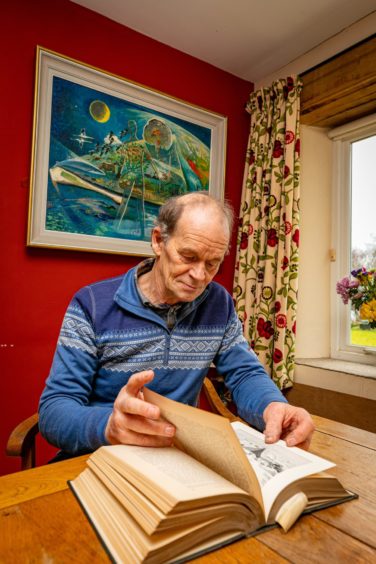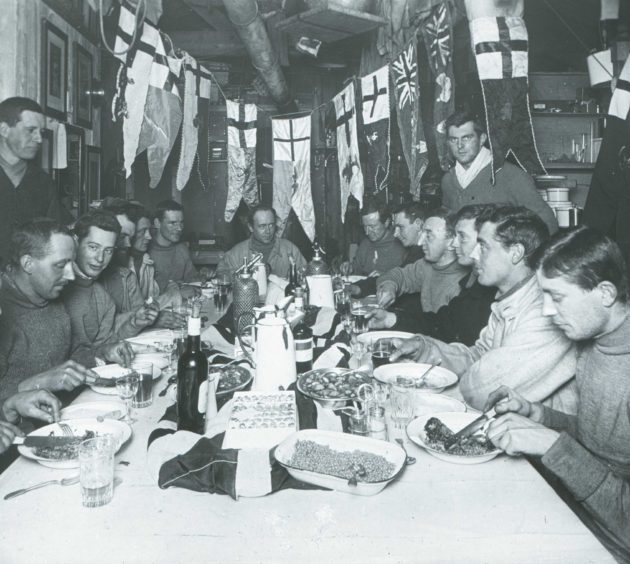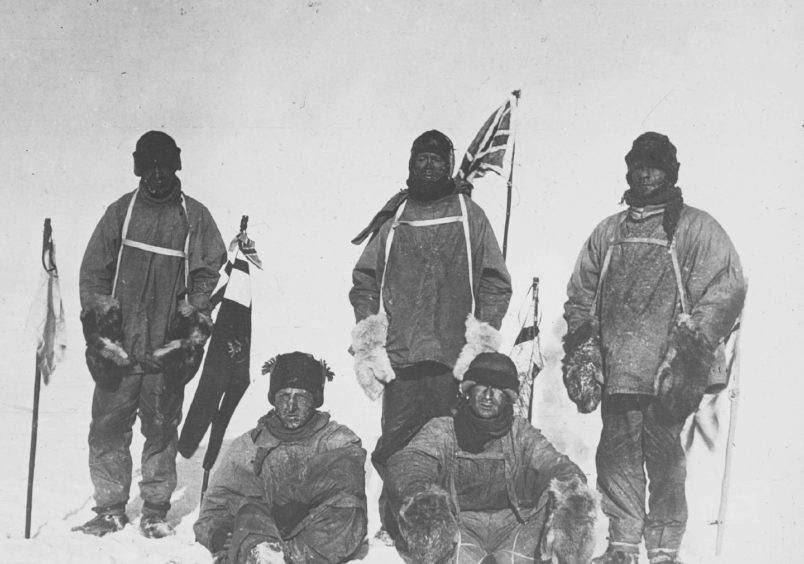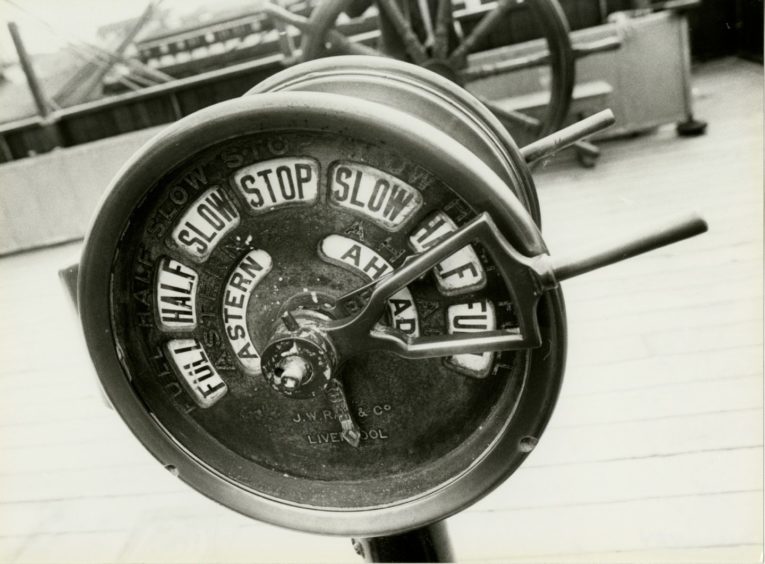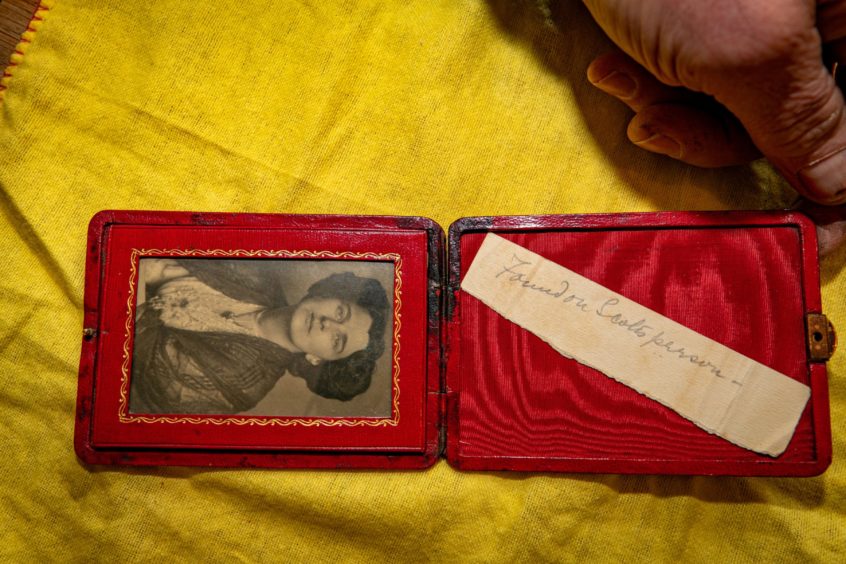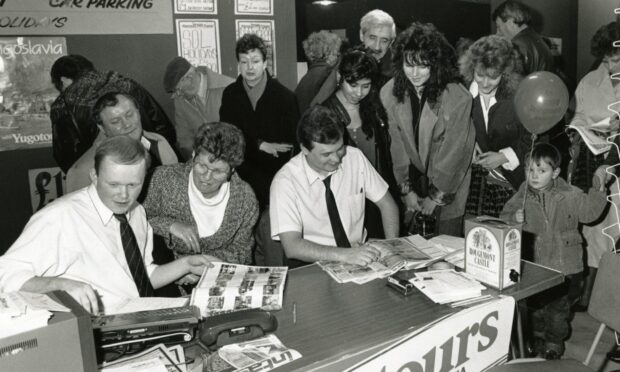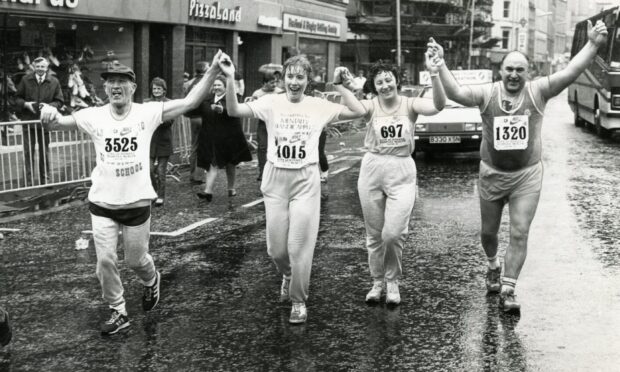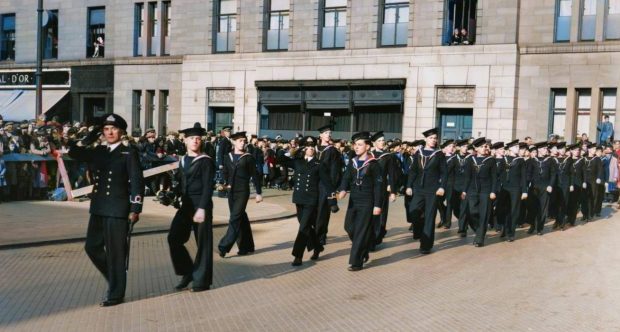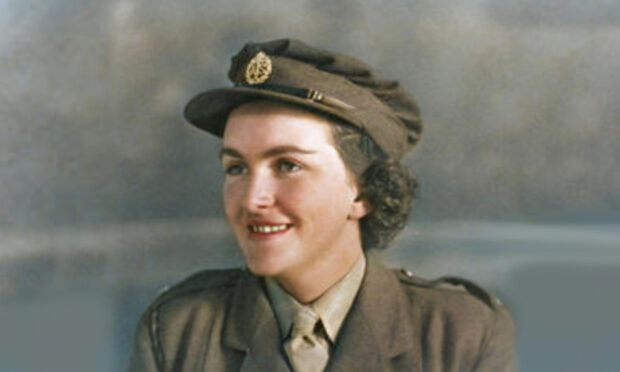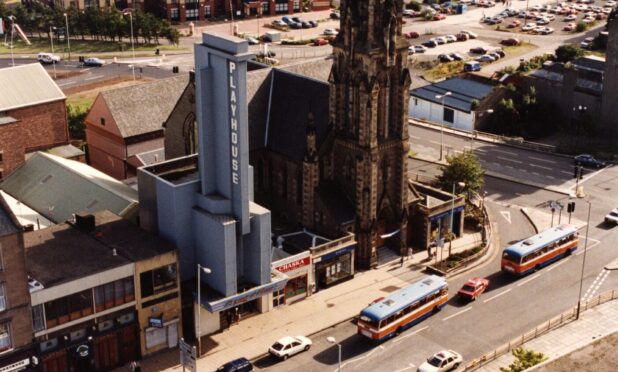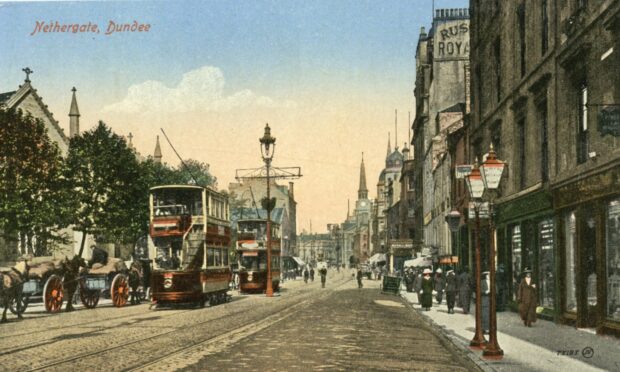There’s a glint in the eye of Falcon Scott when he talks about his family’s love of exploration and pursuing adventure on the planet’s wild places.
It must be in the genes because this redoubtable fellow, who lives for most of every year in Lochgilphead in the Scottish Highlands is the grandson of Captain Robert Falcon Scott, whose mission to reach the South Pole in 1912 has become one of the most compelling chapters of triumph and tragedy colliding in the whole of British history.
The Terra Nova expedition was ultimately doomed in temperatures of minus 40 degrees after he and his colleagues had been beaten in their race to be first to the pole by Roald Amundsen.
But the sacrifice and resilience of these men was remarkable as they accepted their fate – Captain Lawrence Oates left the tent and walked into a blizzard with the words: “I am just going outside and may be some time” – and perished knowing they had done the best they possibly could and there was no disgrace in that.
That wanderlust is clearly in Falcon’s DNA
The young Falcon Scott grew up hearing tales of how his grandfather had embarked on a series of expeditions, initially on board the famous vessel Discovery 120 years ago in 1901, which is now one of the most striking features on the Dundee sea front.
And he also derived inspiration from his father, Sir Peter Scott, the ornithologist, conservationist, painter and sportsman who helped found the World Wide Fund for Nature, won a bronze medal in sailing at the 1936 Berlin Olympics, was sent ashore during the evacuation of wounded members of the 51st Highland Division at St Valery-en-Caux in 1940 and was involved with the Loch Ness Phenomena Investigation Bureau and opened Aberdeen Zoo in 1966 during his packed life.
There has been no shortage of excitement and enterprise from his son, who moved to Argyll in 1999 and established a trio of lodges for tourists in a dramatic setting.
History, as you might expect, surrounds this robust and absorbing character.
Family ties are never far from Falcon’s mind
He said: “We built the three lodges when we moved to Argyll. Discovery and Terra Nova were finished by the spring of 2000 and Morning in the spring of 2001.
“When thinking of the names for them, it was actually other people who suggested calling them after the ships associated with my grandfather and we thought it was a good idea. Loch Shuna House and Lodges were named by me after the sea loch in which the island of Buidhe stands and I thought it was more pronounceable for tourists.
“My grandfather, my father, myself and my children all share a love for exploring new places and going to wild locations. We also share an ambition to have high standards in whatever enterprises we might be involved.”
It is a philosophy which has taken him all round the world.
But he is still enthralled by Scotland and feels inspired whenever he ventures to the north-east of the country.
As he added: “I have always taken a great pride in the Discovery being based in Dundee and I usually attend any special occasions for the ship.
“We hope that, with the new Victoria & Albert Museum having opened recently, that this will help even more people come to see the Discovery.”
There’s hardly a country Falcon hasn’t visited
The desire to savour new challenges and relish different pursuits has led to the Scotts’ being involved in everything from art to zoology, sport to science and working with everybody from David Attenborough and Gerald Durrell to leading military figures and the cognoscenti of culture, with Sir Peter proving himself an accomplished writer, painter and campaigner, who lost his father when he was just two years old, but thrived.
One of his godfathers was JM Barrie, the author of Peter Pan, and the same youthful exuberance is obvious in the way Falcon talks about his action-packed existence.
He said: “I enjoy travelling and have been to almost every country in Europe. I explored France extensively when I was younger and often ventured into Spain, Italy, Switzerland and Germany on holidays by car.
“I also went to the high Arctic and Africa with my parents when I was a teenager.
“More recently, I went to work on the restoration of my grandfather’s Terra Nova Expedition Hut at Cape Evans in the Ross Sea for the New Zealand Antarctic Heritage Trust as a conservation carpenter and I was on this project on site for five weeks.
“Afterwards, the American Antarctic Program, which is based at McMurdo Station, took me on a Hercules supply flight to the South Pole.
“Ever since that job in 2012, I have been going back to Antarctica every austral summer working on small expedition cruise ships as a guide, historian and artist – or at least until Covid hit.
“When I was involved in civil engineering, I had a job covering all of the UK as an engineer supervising various jobs and I always explored the area I was visiting and quite often wild camped.
“I have always loved exploring Scotland and there are now very few places that I haven’t been to and enjoyed, while I have climbed about 60 Munros and many Corbetts, journeyed through all the sea lochs on the west coast and landed on most of the islands.
“[Despite all my travels elsewhere] I firmly believe that Scotland is the most beautiful country in the world and I love the people.”
The trip to Cape Evans was very emotional
When Falcon made the sojourn to Cape Evans, back in 2012, and found some of his grandfather’s possessions scattered around the hut, quite literally frozen in time a century after the captain had sat there devising his plans for the conquest of the South Pole, it was an understandably poignant occasion.
He admitted he shed tears as he realised how he was following in his descendant’s footsteps and yet it was a trip he wouldn’t have missed for the world.
He said: “It was an emotional experience, far more than I thought it would be.
“I was standing at the top of the table where my grandfather sat, ate and planned the expedition to the South Pole a century ago.
“It looked exactly the same as the photographs and the light was the same. It felt quite magical, as if I had been transported back in time.
“And when I saw my grandfather’s cubby hole where he slept and the shelves where he kept the picture of my grandmother, his desk and chair looking as if he had just left, I found it very special.
“I knew very little about my grandfather growing up. My father said very little about him, but I do remember my mother reading me the Ladybird book Captain Scott.
“I grew up knowing the story – not in huge amounts of detail, but it was always there.”
And it is obvious that his epic trek to the hut nine years ago will stay with him forever.
Falcon is looking ahead to a brighter future
The Covid pandemic has proved difficult enough for people without an urge to explore and investigate myriad new frontiers, so it’s hardly surprising Falcon has been frustrated at being moored close to home for the last 12 months.
Yet, befitting this tough-as-teak individual, he is already – albeit tentatively – looking ahead to a time when the current lockdown restrictions will belong in the past.
And he has counted his blessings that there are always jobs to do and challenges to tackle when you are in the back of beyond and looking after the Loch Shuna lodges.
He said: “I have been fortunate to have been working all year during the lockdowns, carrying out a conversion to a farm outbuilding and turning it into an independent dwelling for a delightful client whom I built a large house for a few years ago.
“I am hoping that travel will allow me to go back to Antarctica in November for a couple of voyages I am signed up on as a guide and a historian with Poseidon Expeditions.
“Then, there is another trip after Christmas doing the same for Polar Latitudes Expeditions. I really hope everything will get back to normal pretty soon.”
Dates with destiny and the family connections
Falcon Scott has made his own way in the world, determined not to dwell on what his family did in the past.
Even in his mid-60s, he isn’t interested in settling down to any kind of sedentary existence, not when there are new horizons to embrace.
He knows that the Discovery is part of his history and is palpably in love with his adopted country: a Scott in his element in Scotland.
If there is one thing he would like to establish in the future, it’s enhancing his grandfather’s reputation not just as an explorer, but a scientist of some repute.
He said: “It’s long overdue that his scientific legacy should be appreciated. It was a very significant part of the expedition. They undertook the science in very extreme conditions and they did it with amazing endurance.
“There was no contact with the outside world and the risks were enormous.”
The last words of the Captain still reverberate
Prior to Robert Falcon Scott’s death in the Antarctic in 1912, he wrote a letter which explained a lot about his philosophy to dealing with the slings and arrows of adversity.
He said: “We took risks, we knew we took them; things have come out against us, and therefore we have no cause for complaint, but bow to the will of Providence, determined still to do our best to the last.
“Had we lived, I should have had a tale to tell of the hardihood, endurance, and courage of my companions which would have stirred the heart of every Englishman.
“These rough notes and our dead bodies must tell the tale, but surely, a great rich country like ours will see those who are dependent on us are properly provided for.”
